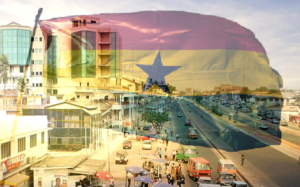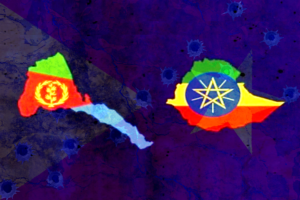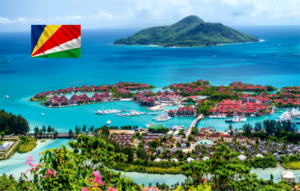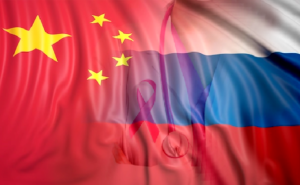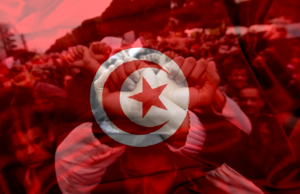Investment/Migration Potentials in the Republic of Comoros, East African
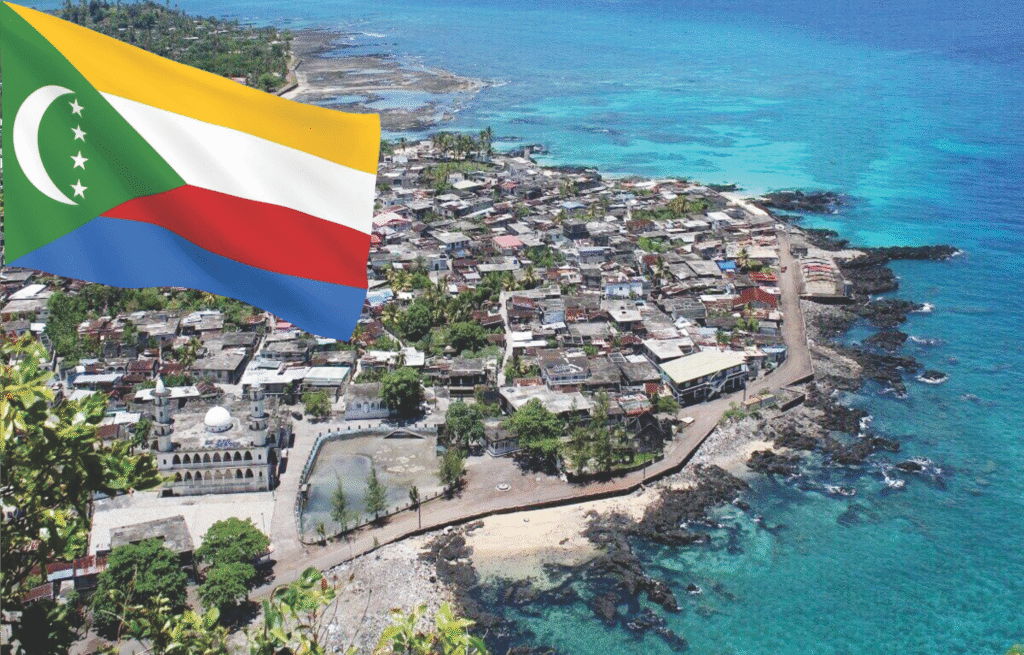
The Union of the Comoros, a small archipelago nation nestled in the warm waters of the Indian Ocean between Madagascar and Mozambique, is a land of contrasts, rich in natural beauty and cultural heritage, yet constrained by economic fragility and political uncertainty. As global investors look toward emerging markets for untapped opportunities, Comoros presents both allure and risk: a country brimming with potential in its blue economy, agriculture and renewable energy, but one that continues to grapple with the complex legacies of instability and underdevelopment.
In the early 2000s, Comoros captured international attention with its Economic Citizenship Program (CBI), a scheme that offered investors the chance to acquire citizenship through financial contribution to the country’s development fund. At the time, this initiative was promoted as a lifeline for a struggling economy. An ambitious attempt to raise capital and foster ties with the global investment community.
The program required an investment of around USD 45,000 per applicant and offered a relatively swift route to citizenship, often processed in three to six months. Dual citizenship was permitted, making it attractive to high-net-worth individuals seeking visa-free mobility across parts of Africa, Asia, and the Caribbean.
However, by 2017, the Comorian government discontinued the program amid mounting criticism over alleged mismanagement, lack of transparency, and concerns that the scheme may have been exploited by intermediaries for non-economic purposes. Today, its status remains murky—some sources suggest the program was formally canceled, while others indicate lingering references to “economic citizenship.” Legal experts urge prospective investors to consult official agencies like the National Investment Promotion Agency (ANPI) or the Ministry of Economy before pursuing any such pathway.
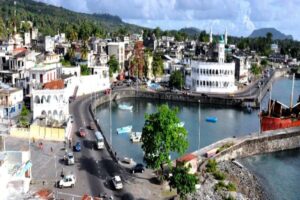
The end of the CBI program marked more than just a policy shift. It reflected a weightier reckoning within Comoros, much more about sovereignty, identity and the cost of commodifying citizenship. The window of investment landscape and opportunity amid uncertainty.
Despite the challenges, Comoros has not retreated from its ambition to attract international investment. The government’s Investment Code of 2020 signals a renewed commitment to reform. The code promises simplified administrative procedures, tax incentives, and a “one-stop shop” model through ANPI to facilitate business registration and permits.
Priority Sectors:
- Blue Economy: With rich marine biodiversity and underexploited fishing zones, Comoros sees fisheries and marine tourism as pillars of sustainable growth.
- Agriculture: The islands are famed for producing ylang-ylang, vanilla and cloves, which are aromatic treasures that dominate global essential oil markets. Yet much of the production remains small-scale, lacking the infrastructure to add value locally.
- Renewable Energy: With over 80% of its energy imported, Comoros is turning toward solar power and other renewables to reduce dependency and foster energy security.
- Infrastructure: Its strategic location on trade routes between Africa and Asia makes Comoros a potential logistics hub, with a focus to overcome severe infrastructure gaps in ports, roads and digital networks.
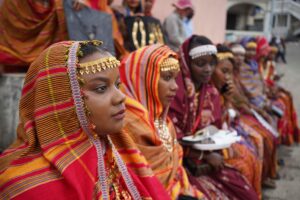
Foreign investors under the Privileged Regime can qualify for incentives with a minimum investment of around 25 million Comorian Francs (USD 50,000). For a small island economy, such capital injections could transform livelihoods. But the road to sustainable investment is fraught with challenges. The sociocultural human dimension that bothers on migration, mobility and aspiration beckons.
Comoros’ limited migration options today underscore a growing dilemma for both citizens and foreign investors. The discontinuation of the CBI program has left few formal pathways for residency or citizenship through investment. This has pushed potential investors to explore alternatives in more stable jurisdictions, from the Greek Golden Visa to the Antigua and Barbuda Citizenship by Investment Program, both of which offer far greater global mobility.
The Comorian passport, ranking 156th globally, allows visa-free or visa-on-arrival access to only 63 countries, including Tunisia, Barbados, and the Philippines. In comparison, regional CBI programs like St. Kitts & Nevis offer visa-free access to over 160 destinations. For investors seeking ease of travel, Comoros remains a difficult sell.
But for Comorians themselves, migration tells a different story of necessity rather than luxury. Thousands have left the islands in search of stability, education, and opportunity, often settling in France or Mayotte, a nearby French territory. This exodus has reshaped families and communities, as remittances sustain households while contributing to a growing sense of disconnection between the diaspora and those left behind.
On the political and social fault lines, the Comorian economic and migration policies of the Republic of Comoros cannot be divorced from its turbulent political history. Since independence from France in 1975, the country has endured over 20 coups and coup attempts. Although recent years have seen relative calm, political divisions persist, often along island lines, between Grande Comore, Mohéli and Anjouan.
Economic fragility feeds these divisions. When programs like the CBI fail or end abruptly, they leave behind not only financial shortfalls but also mistrust. For many Comorians, the sense that political elites benefit disproportionately from such schemes deepens frustration with governance.
Socially, these crises manifest in subtle ways: declining faith in public institutions, reduced civic participation, and a widening gap between global investors and local communities. The promise of development risks becoming another distant ideal, rather than a shared national project.
The culture and identity between tradition and globalization culturally pictures Comoros standing as a unique fusion of African, Arab and Malagasy influences, visible in its music, language and architecture. The push for economic modernization often collides with the need to preserve this identity. As tourism and investment expand, questions arise about how to balance development with cultural heritage protection.
The essential oils industry, for example, is not just a business venture but a centuries-old cultural practice passed down through generations. Global investors seeking profit in ylang-ylang distilleries must also recognize the social fabric these industries sustain.
![]()
In realizing developmental economic potentials in Comoros, reforms must go beyond legal frameworks and incentives. Transparency, rule of law and political stability are essential to rebuild confidence among both investors and citizens.
As the global economy shifts toward sustainability, Comoros’ blue and green economy strategies could become cornerstones for a new era that prioritizes community-led growth and ecological stewardship. But without systemic reform, even the best-designed policies risk being lost in bureaucratic inertia or political infighting.
The story of Comoros is about a nation navigating the delicate balance between sovereignty and globalization, tradition and progress, promise and peril beyond mere investment or migration influx.
As international investors reconsider the island’s potential, the question remains: Can Comoros transform its vulnerabilities into strengths and ensure that growth benefits not just those with capital, but the families, farmers and fishermen who form the backbone of its society? Only time and governance, will tell.
Comorian International Passport Power and Extent: For those seeking citizenship mobility, the Comorian passport offers restricted travel privileges. Ranked 156th globally, it allows visa-free or visa-on-arrival entry to around 63 countries, primarily in Africa, Asia and the Caribbean.
Visa-free destinations include:
- Africa: Tunisia, Benin, Gambia, Uganda
- Americas: Barbados, Ecuador, Haiti, Panama, Saint Vincent and the Grenadines
- Asia: Malaysia, Philippines, Singapore
- Oceania: Bermuda, Cook Islands, Micronesia
While this provides some travel flexibility, stay durations vary, typically 30 to 90 days, depending on the country. In contrast, passports from nations like St. Kitts and Nevis or Antigua and Barbuda offer visa-free access to over 160 destinations, highlighting the gap between Comoros and more established investment migration markets.
Reporter’s Note: Migration and investment regulations in Comoros change frequently. Investors are strongly advised to verify current policies through official sources such as the National Investment Promotion Agency (ANPI) or the Ministry of Economy before pursuing opportunities or residency options.


